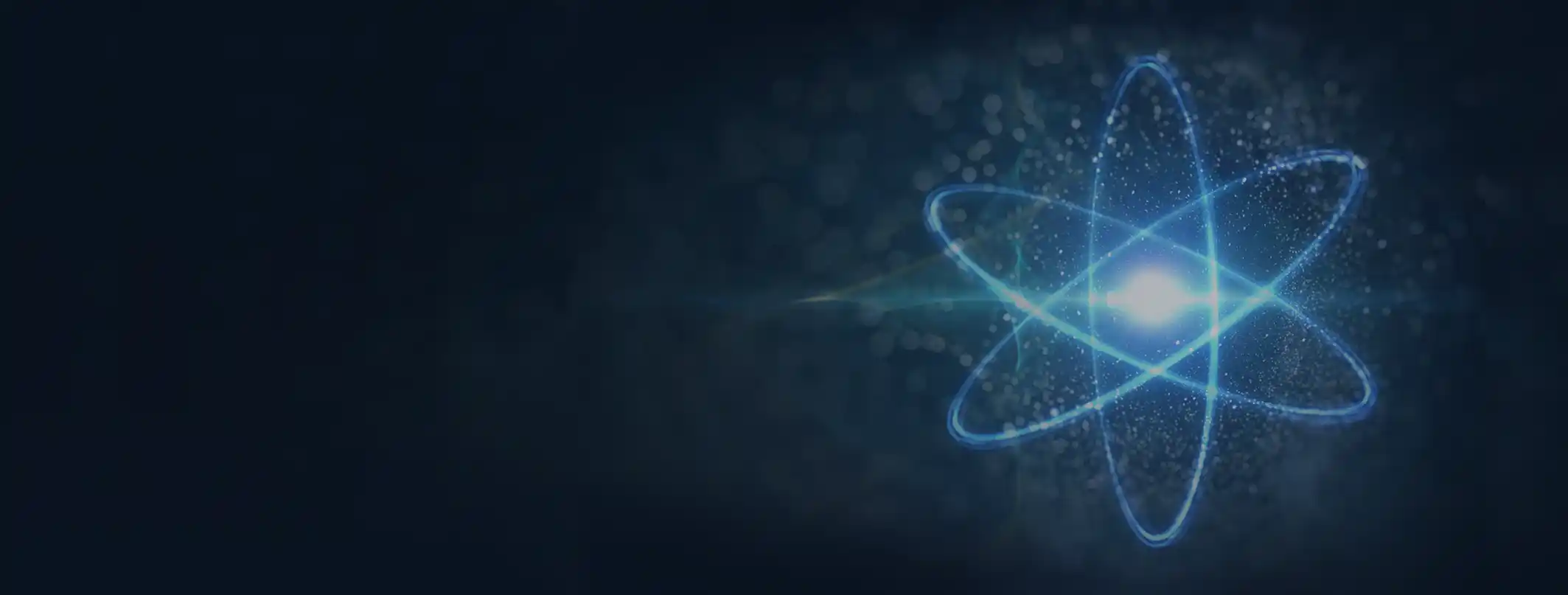Spring 2026 Colloquium Schedule
The spring colloquia will be held in Room 307 of the Science and Engineering Research Facility on Mondays at 3:30 PM, EST. Titles and abstracts will be added as they become available.
The MOLLER Experiment: High Energy Physics at Low Energies (via Zoom)
February 2, 2026
Speaker: Jim Napolitano, Temple University
Host: Nadia Fomin
Abstract
IceCube: The First Decade of Neutrino Astronomy
February 9, 2026
Speaker: Francis Halzen, University of Wisconsin, Madision
Host: Sherwood Richers
Abstract
Hybrid Magnon–Phonon Excitations in Quantum Magnets
February 16, 2026
Speaker: Xiaojian Bai, Louisiana State University
Host: Haidong Zhou
Abstract
The Muon Magnetic Moment with Lattice QCD
February 23, 2026
Speaker: Luchang Jin, University of Connecticut
Host: Chien-Yeah Seng
Abstract
Sowjanya Gollapinni, Los Alamos National Laboratory
March 2, 2026
Speaker: Sowjanya Gollapinni
Host: Stefan Spanier
Abstract
2026 Spring Break
March 9, 2026
Abstract
2026 APS Global Summit
March 16, 2026
Abstract
Physics Colloquium TBD
March 23, 2026
Abstract
Guy Savard, Argonne National Laboratory
April 13, 2026
Speaker: Guy Savard
Host: Robert Grzywacz
Abstract
Matt Mumpower, Los Alamos National Laboratory
April 20, 2026
Speaker: Matt Mumpower
Host: Miguel Madurga
Abstract
Barak Hirshberg, Tel Aviv University
April 27, 2026
Speaker: Barak Hirshberg
Host: Adrian Del Maestro
Abstract
